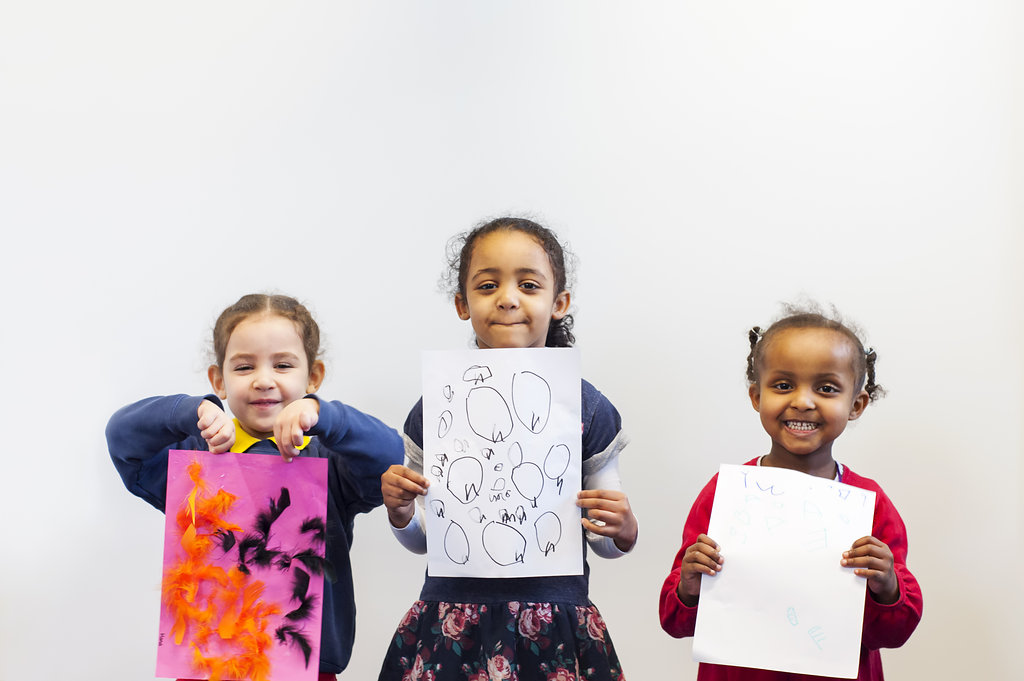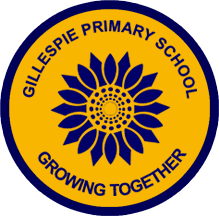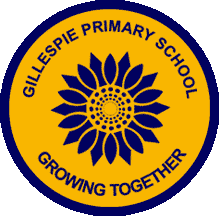

Gillespie’s Foundation Stage setting is a vibrant, creative and active learning space engaging all pupils.
The Early Years Foundation Stage (EYFS) applies to children from birth to the end of the Reception year. At Gillespie we have a Nursery Class for 26 children aged 3 to 4 years and a Reception Class for 30 children aged 4 to 5 years. (Where a delayed admission to Reception Class has been agreed by the Local Authority, children can attend the Nursery Class and must start Reception Class at the beginning of the term following their fifth birthday). Please see our admissions page for information on visiting and how to apply.
We believe that early childhood is the foundation on which children build the rest of their lives and at Gillespie Primary School we greatly value the importance that the EYFS plays in laying secure foundations for future learning and development.
Aims
Our aim at Gillespie is to provide children in the EYFS with;
A happy, positive and fun start to their school life on which to establish the solid foundations for a deep love of learning.
A sense of confidence, independence and self-esteem within a caring, safe and secure environment.
A rich and stimulating learning environment both indoors and outdoors with new first-hand experiences that challenge the children to explore and be curious about the world around them.
A broad and balanced curriculum that reflects children’s needs and interests and enables children to develop socially, emotionally, physically, creatively and intellectually to their full potential.
A range of learning opportunities such as solitary play, independent group play, adult supported play, adult directed learning and discrete teaching.
A caring and inclusive learning environment which is sensitive to the requirements of the individual child including those who have additional needs.
Learning and development
At Gillespie we recognise that children learn and develop in different ways and at different rates. We value all areas of learning and development equally and understand that they are inter connected.
Teaching strategies
We ensure there is a balance of adult guided or led activities and child initiated activities across the day.
Teaching strategies for adult-led activities include some whole class teaching for short periods, such as a shared story, direct teaching, singing, discussions and sharing work and achievements.
During child initiated activities the interaction between the adult and child is essential as the adult’s response to the child builds understanding and guides new learning. The adult’s role is to observe and extend this play as appropriate and to use Sustained Shared Thinking, where the adult works with a group or individual children, encouraging dialogue using open ended questioning in order to find out the child’s ideas and extend their thinking skills.
Staff then use their observations to enhance their teaching and extend individual learning.
As the child progresses through the EYFS and their development allows, activities guided or led by adults increase in order to prepare for their transition to Year 1.
The EYFS Curriculum
The EYFS is made up of seven areas of learning and development, three Prime areas and four Specific areas. The Prime areas cover the knowledge and skills which are the foundations for children’s future progress, and which are applied and reinforced by the four specific areas.
The three Prime areas are:
1) Personal, Social and Emotional Development
2) Communication and Language
3) Physical Development
The four Specific areas are:
1) Literacy
2) Mathematics
3) Understanding of the World
4) Expressive Arts and Design
None of these areas can be delivered in isolation and all areas are delivered through a balance of adult guided or led, and child initiated activities. In each area there are Early Learning Goals that summarise the knowledge, skills and understanding that all young children should have gained by the end of Reception year.
The Characteristics of Effective Teaching and Learning
When planning and guiding children’s activities and our environment, we consider the different ways in which children learn and incorporate the three Characteristics of effective Teaching and Learning into our practice.
These are:
Playing and exploring
We believe that play is essential for children’s development and through play our children make sense of their world, practice and build up ideas, and learn how to control themselves and understand the need for rules. They have the opportunity to think creatively alongside other children as well as on their own. They communicate with others as they investigate and solve problems. They express fears or re-live anxious experiences in controlled and safe situations.
Staff spend time playing alongside the children. This provides opportunities to model appropriate behaviour, reinforce learning, extend learning and make assessments to inform future planning.
Active Learning
We believe that children need to be provided with people, objects, ideas and events that engage them and involve them for sustained periods.
Active learning occurs when children are motivated and interested. Children need to have some independence and control over their learning. As children develop their confidence they learn to make decisions. It provides children with a sense of satisfaction as they take ownership of their learning.
Creativity and Critical Thinking
We encourage and support our children to have and develop their own ideas, make links between ideas and develop strategies for doing things.
Children are given opportunities to be creative through all areas of learning. Adults can support children’s thinking and help them to make connections by showing genuine interest, offering encouragement, clarifying ideas and asking open questions. Children can access resources freely and are allowed to move them around the classroom to extend their learning.
Assessment in the Early Years
At the end of the Reception year, children are assessed against the Early Learning Goals (ELGs).
When forming a judgement about whether an individual child is at the expected level of development we draw on our knowledge of the whole child and make a holistic best fit judgement.
CURRICULUM INTENT, IMPLEMENTATION & IMPACT
Please click here for our full curriculum intent, implementation & impact document for the Early Years Foundation Stage
Click here for the ‘curriculum overviews & schemes of work’ page which includes:
- Foundation Stage Medium Term Plans


